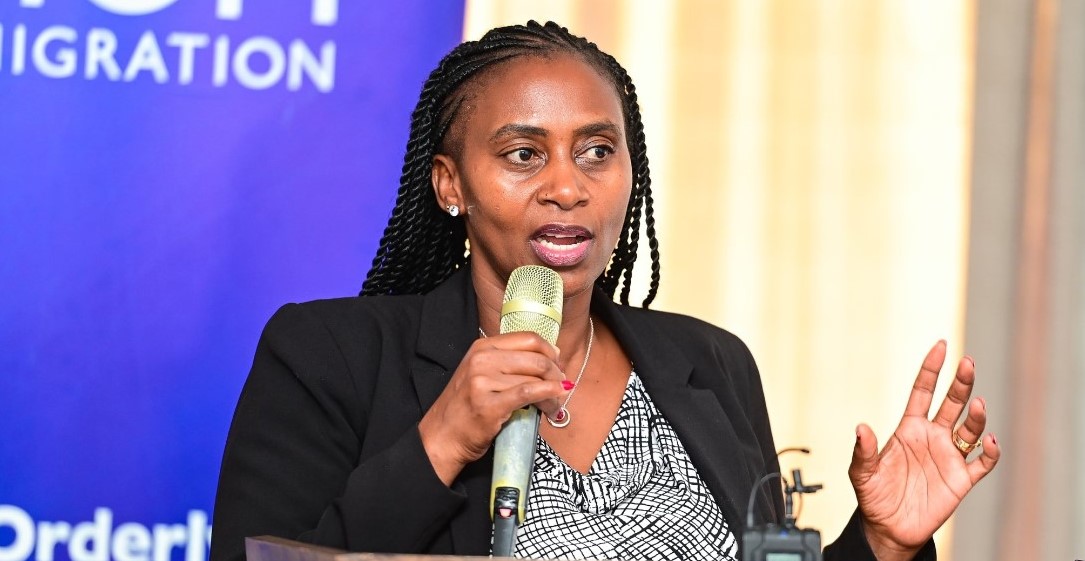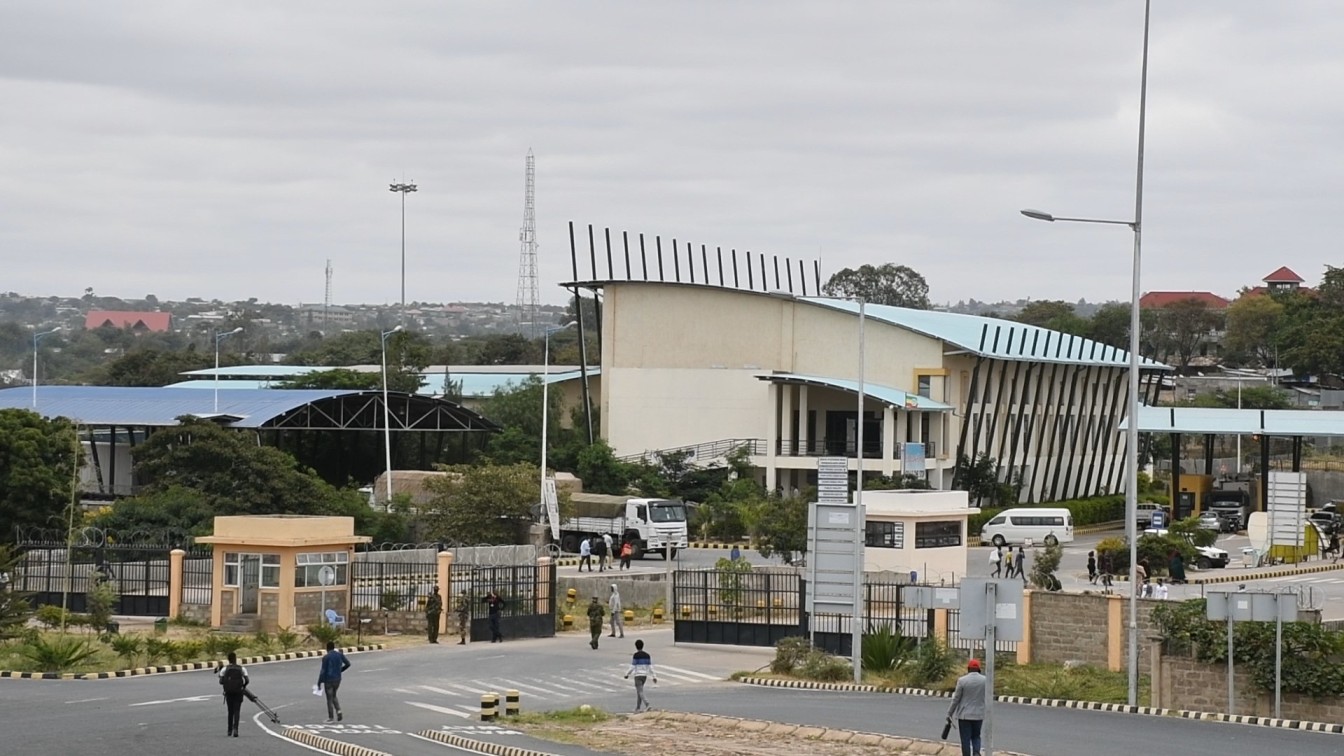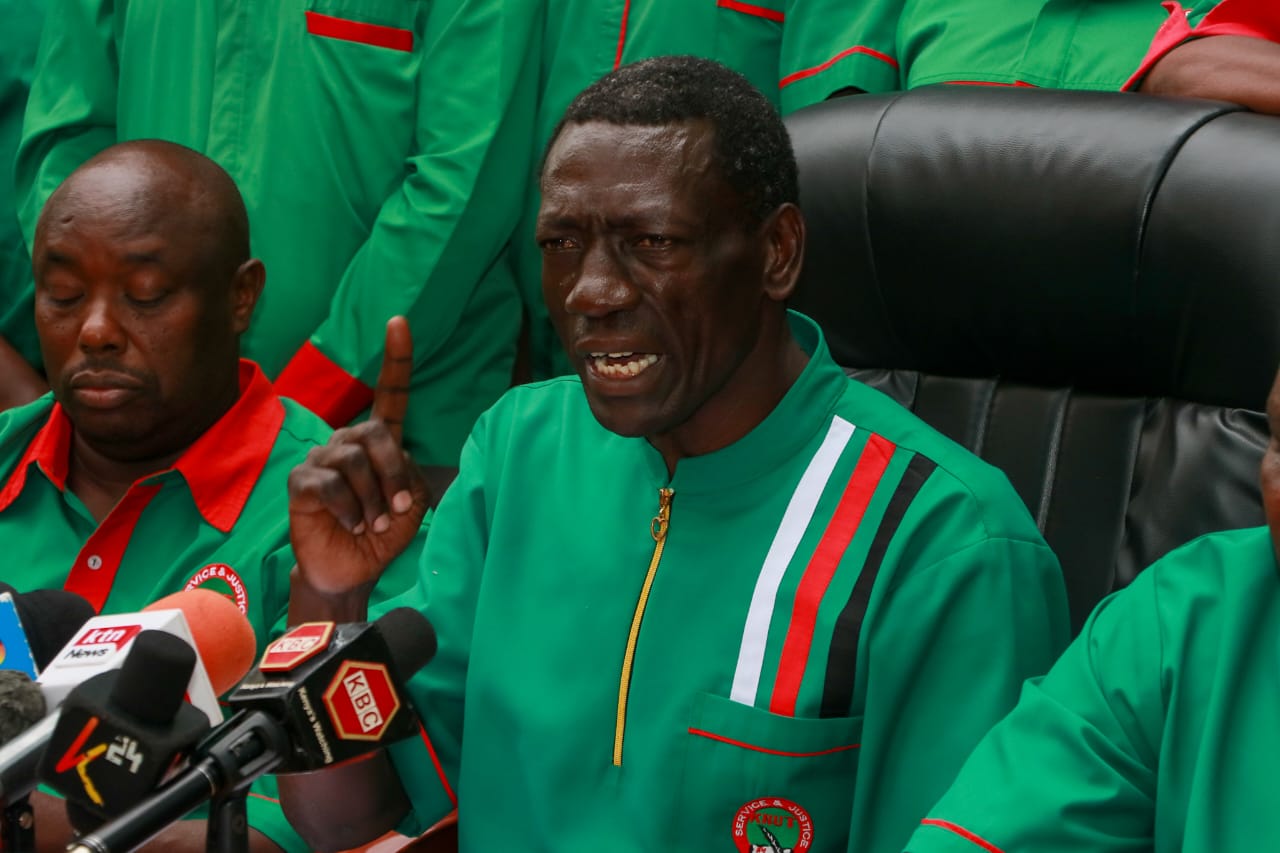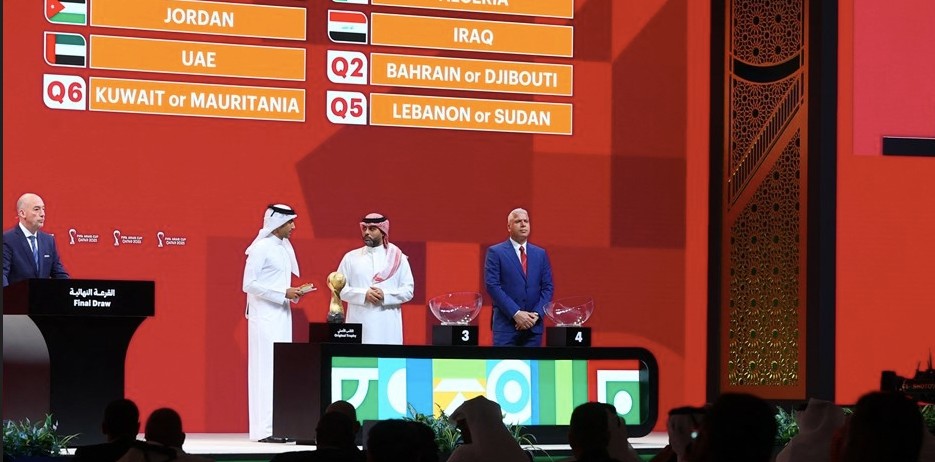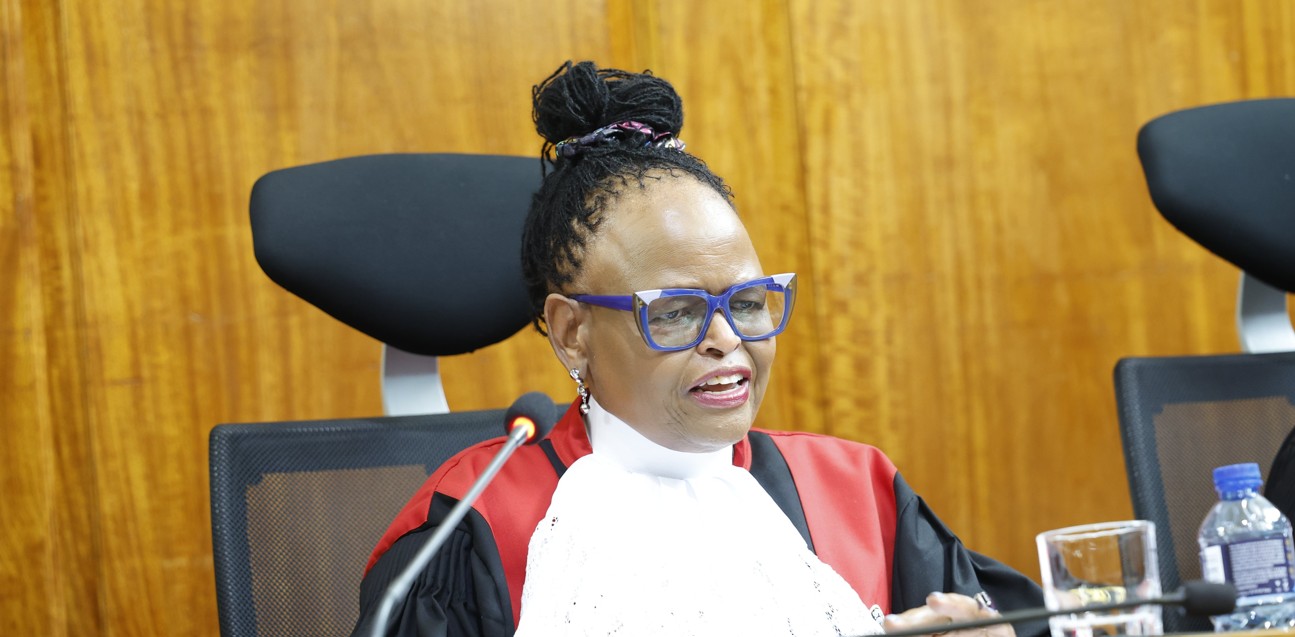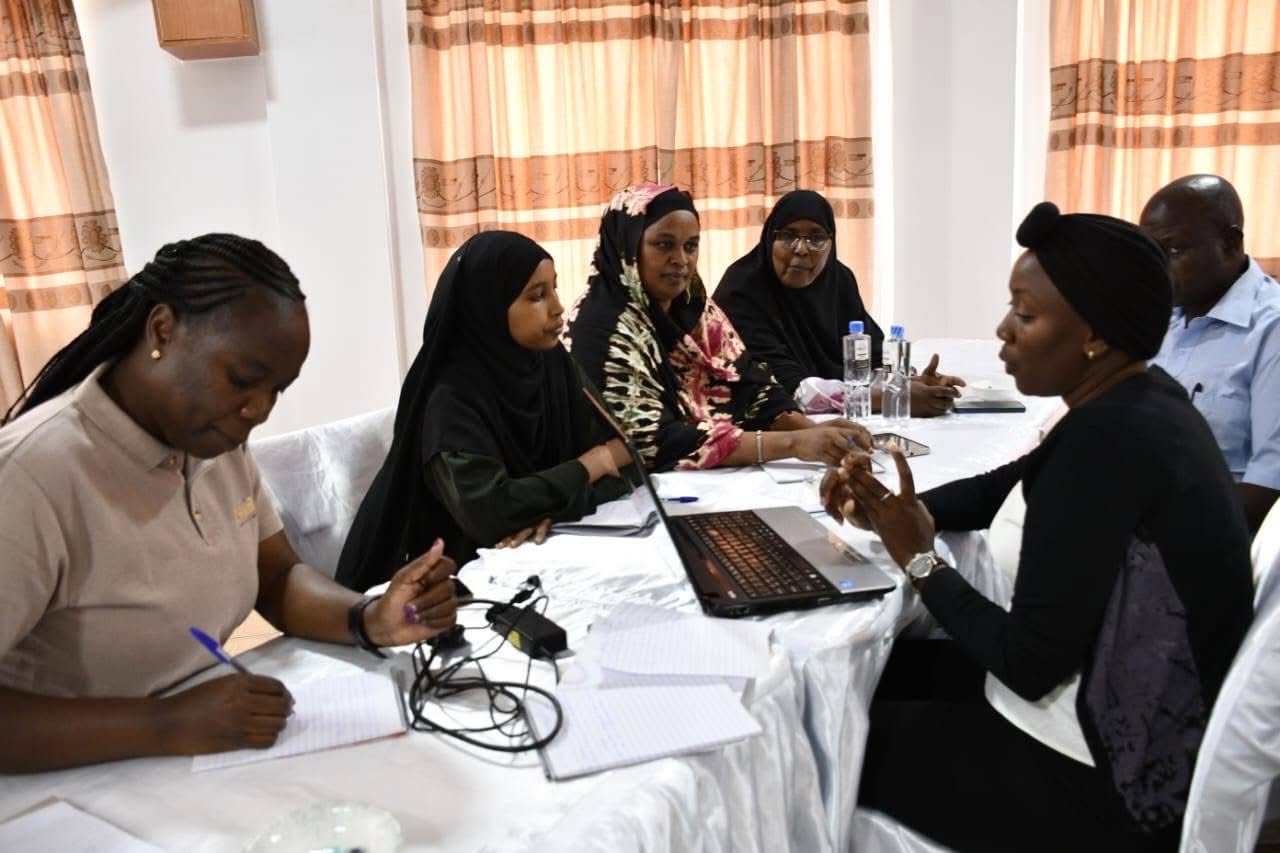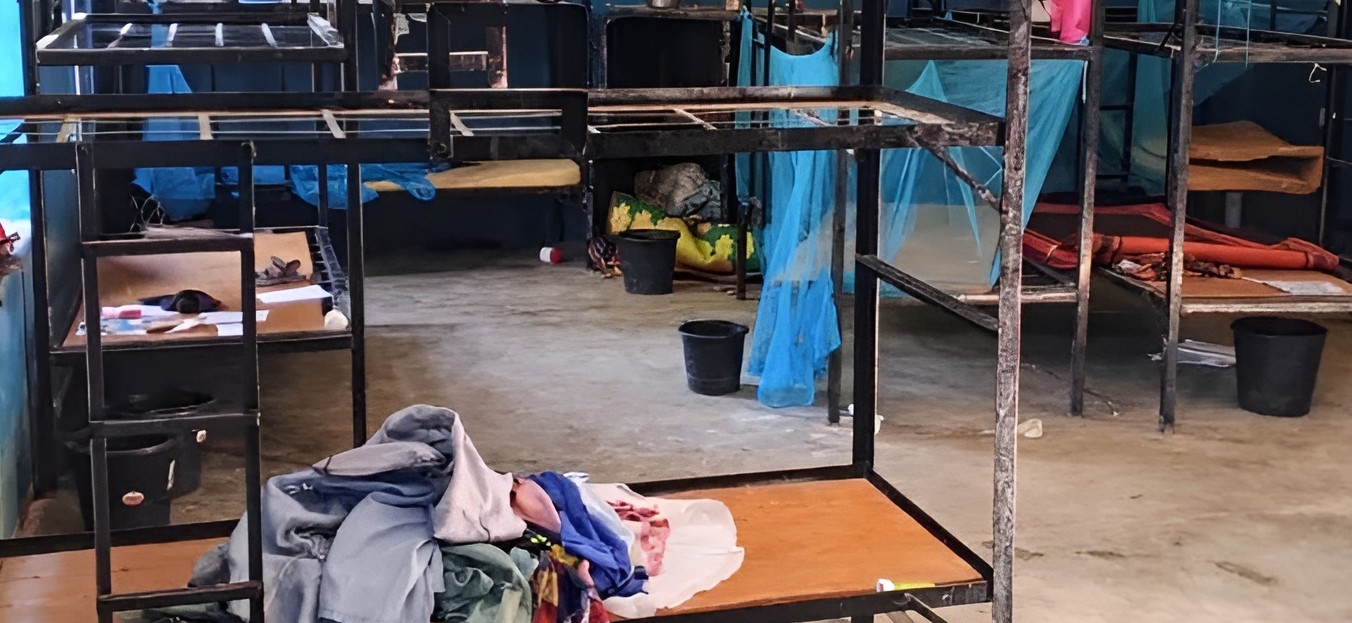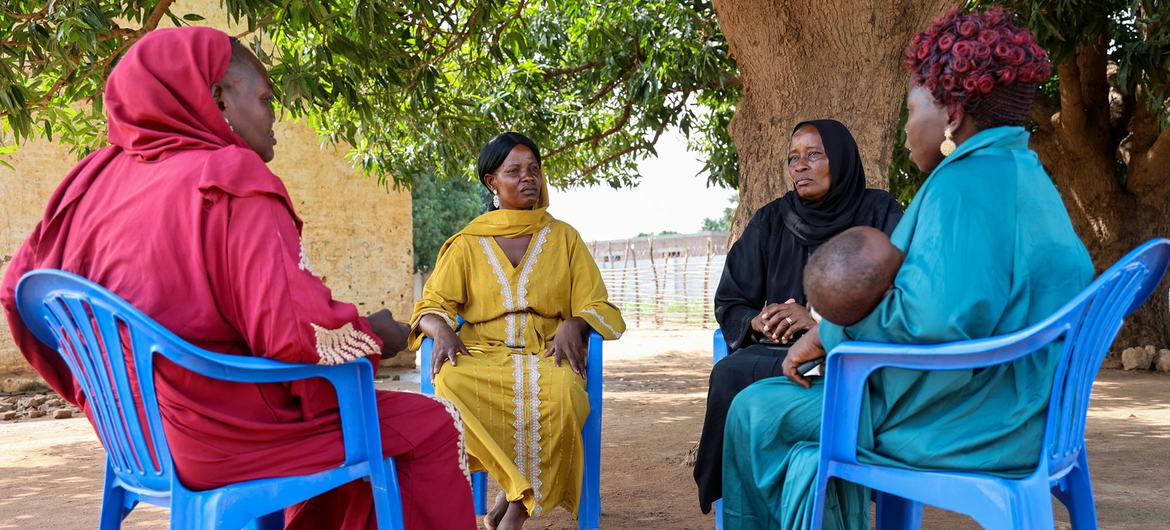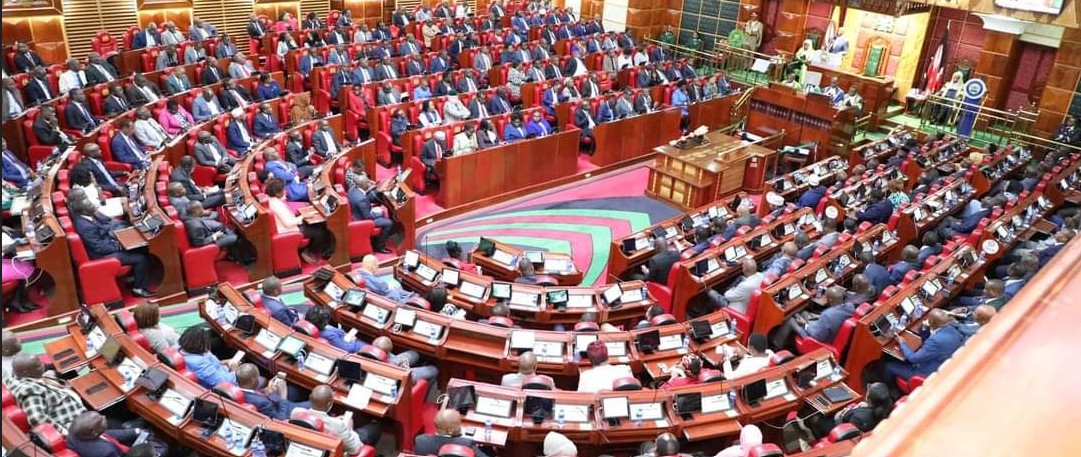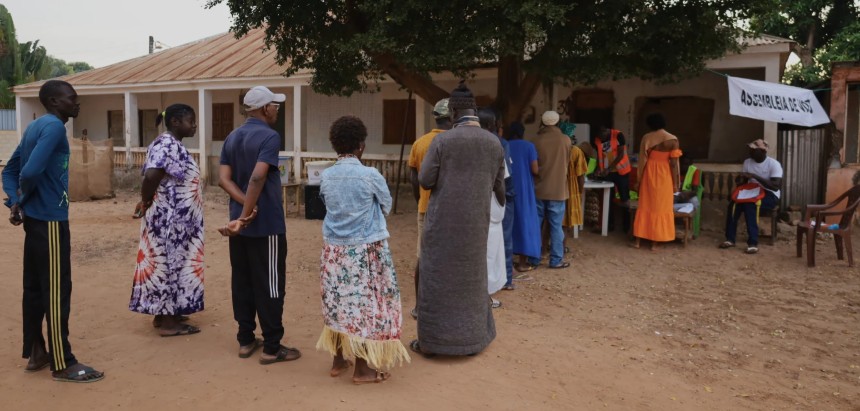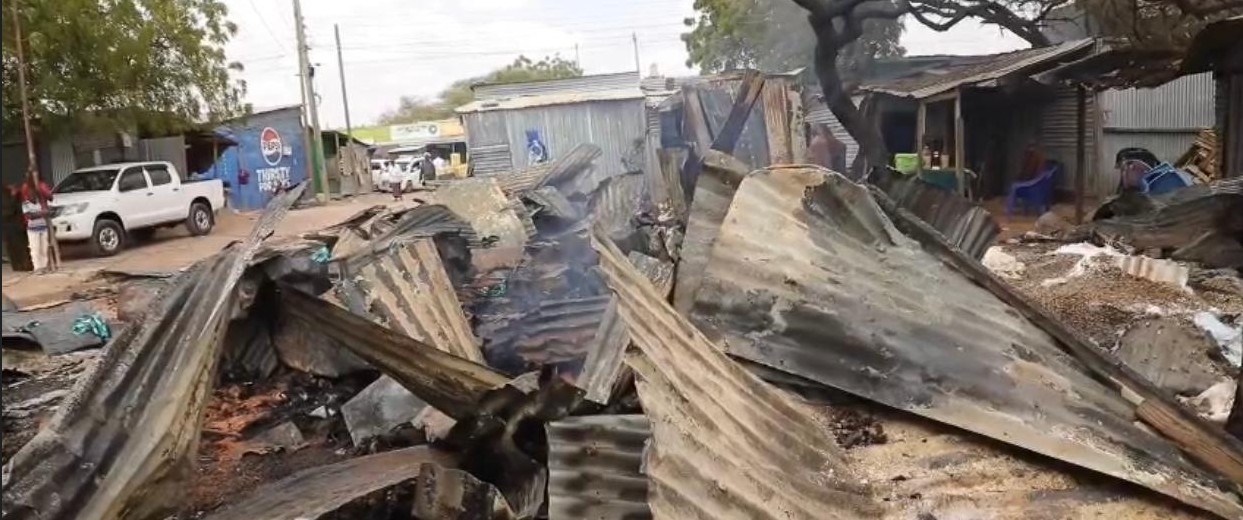Eritrea renews push to pursuade US to lift long-standing sanctions
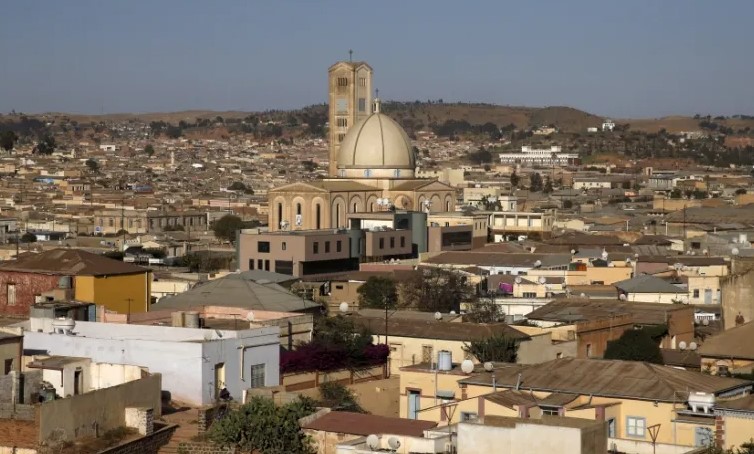
The sanctions were first imposed by the United Nations Security Council on December 23, 2009, under Resolution 1907.
The government of Eritrea has renewed its diplomatic campaign to persuade the United States (US) to lift sanctions that have remained in place for more than a decade, arguing that the measures have damaged the country’s political, economic, and social sectors.
Diplomatic sources in Asmara confirmed that Eritrean authorities have prepared a detailed proposal that outlines their arguments for the removal of the sanctions. The proposal will be shared with senior US policymakers and includes Eritrea’s recent efforts toward regional cooperation and stability in the Horn of Africa.
More To Read
- IGAD calls for joint action to protect livestock, pastoral livelihoods in Horn of Africa
- Djibouti parliament scraps presidential age limit, clearing path for Ismail Omar Guelleh’s sixth term
- Horn of Africa sees decline in extremism victims, but militants adapt with new tactics
- South Sudan, Djibouti, Ethiopia and Uganda seal deal on Horn of Africa transport corridor
- Ethiopian quarter: How migrants have shaped a thriving shopping district in South Africa’s city of gold
- Kenya defends stricter asylum screening for Ethiopian, Eritrean applicants
The sanctions were first imposed by the United Nations Security Council (UNSC) on December 23, 2009, under Resolution 1907. The resolution accused Eritrea of providing support to the Somali militant group Al-Shabaab and of fueling regional conflicts, particularly with neighbouring countries.
The decision followed years of tensions between Eritrea and Ethiopia, from which Eritrea gained independence in 1993. Thirteen members of the UNSC voted in favour of the sanctions, while one voted against and one abstained.
The resolution imposed an arms embargo, travel restrictions, and asset freezes on specific individuals and entities. Eritrea denied all accusations, describing them as politically motivated and based on false claims.
In a formal statement at the time, Eritrea told the UNSC that the sanctions were “unjust and unfounded.”
In November 2018, the UNSC voted unanimously to lift the sanctions through Resolution 2444 following the peace agreement between Eritrea and Ethiopia.
The Council said in its statement that the decision “reflects the improved relationship between Eritrea and Ethiopia and the positive development in the Horn of Africa.”
The United Nations (UN) press release announcing the move stated that the Council had decided to “terminate with immediate effect all arms embargoes, travel bans and asset freezes previously imposed on Eritrea.”
The move was welcomed by many African leaders, who said it marked a new chapter for regional cooperation.
However, while the UN measures were lifted, some restrictions and US policy measures linked to those sanctions remain. Eritrea continues to push for their full removal, saying the country has met the conditions that led to its imposition.
The UN Monitoring Group on Somalia and Eritrea reported in its later findings that it found no conclusive evidence of Eritrean support for Al-Shabaab. The group’s reports in 2014 and 2015 stated that there was “no evidence that Eritrea is providing support to Al-Shabaab,” though it noted that Eritrea remained “non-compliant” in some reporting obligations at the time.
Eritrea’s renewed diplomatic effort comes amid significant political and security changes in the Horn of Africa. The government believes that ending all remaining restrictions will create new opportunities for economic recovery and regional cooperation.
Relations between Eritrea and the US have remained limited since the sanctions were first imposed.
Although diplomatic contact increased during the Trump administration, there were no formal steps taken to remove the remaining restrictions. US officials have previously indicated that progress in governance, human rights, and cooperation on regional security would influence future policy decisions toward Eritrea.
Analysts say Eritrea’s outreach is part of a broader strategy to rebuild its global image and strengthen relations with major powers after years of isolation.
According to the UN, the end of the sanctions in 2018 was a recognition of improved regional relations, particularly after the peace accord between Eritrea and Ethiopia.
Eritrea maintains that it has complied with international expectations and that the remaining restrictions should be reviewed.
The government has continued to call for greater engagement with the international community, saying that mutual respect and cooperation are key to lasting stability in the Horn of Africa.
Top Stories Today



